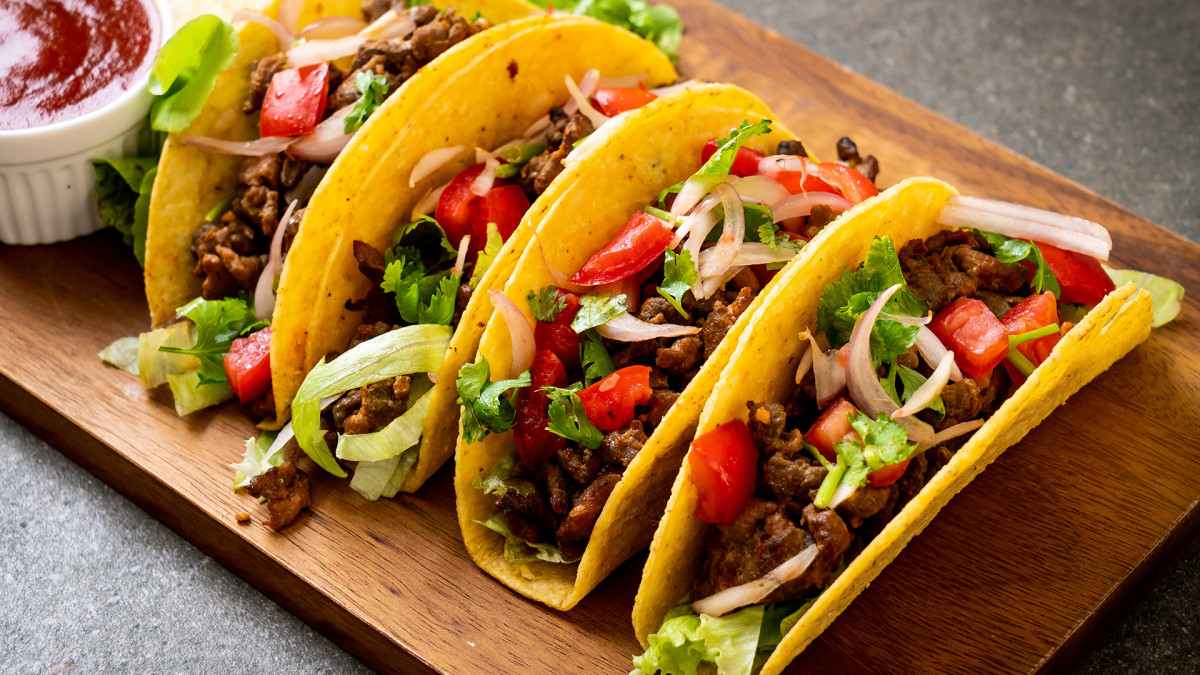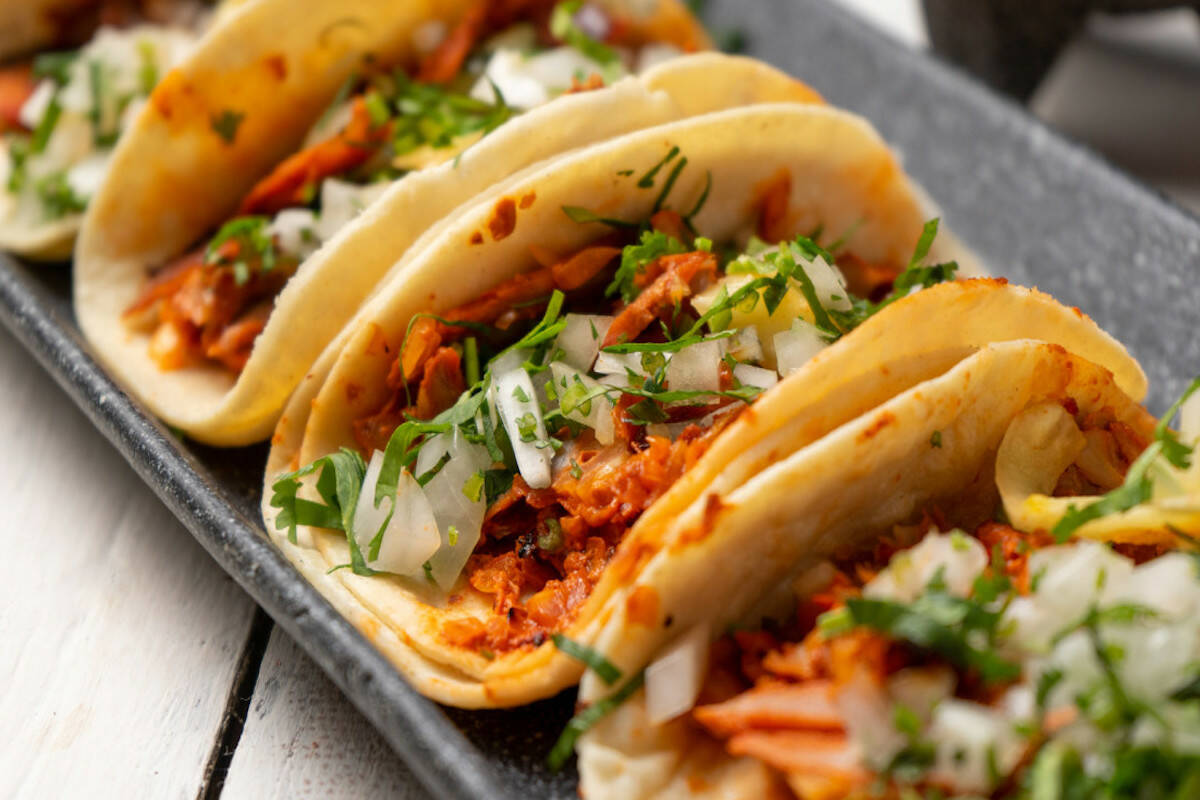Popular fast-casual Mexican chain closing dozens of restaurants
Mexican food has become a driver in the fast-casual space.
Chipotle (CMG) pioneered offering higher-end meals made with fresh ingredients that cost more than those in traditional fast food.
Consumers have seemed willing to pay more for food that’s a step above what Taco Bell, McDonald’s and other established fast-food chains offer. Even as costs have continued to rise, Chipotle has shown that as long as it’s transparent with pricing, customers will pay more.
Related: Historic craft brewery plans reopening after bankruptcy filing
Almost certainly, however, there’s a breaking point, at least for some chains. McDonald’s (MCD) recently said it would offer value meals at lower price points. That has always been a key part of the strategy at Yum Brands’ Taco Bell, which mixes value and premium items, letting each customers pick the right mix.
Wendy’s has leaned on its 4 for $4 meal deal as well as $5 (and sometimes $6 or $7) Biggie Bags, where customers get a lot of food for their money.
As costs rise for food and labor, these chains face the challenge of continuing to offer value-based menu choices. When costs shoot up all at once, as labor costs have under a new California law, some chains might find it impossible to keep operating.

Image source: Shutterstock
California adds a $20 minimum wage
California’s AB 1228 increased the minimum wage for fast-food workers working at chains that have more than 60 locations in the state. The law, which went into effect April 1, forced the affected chains to raise the minimum wage to $20 from $16.
Larger chains can offset the increase by investing in technology that takes some labor out of the equation. McDonald’s, for example, has been investing in heavily in this effort through its digital ordering and kiosk systems.
Smaller chains, however, can’t pivot that quickly, nor can they absorb the higher costs without raising their prices. One regional chain, Rubio’s Coastal Grill, has responded to the new law by closing 48 locations in California.
The company, which built its business around its famous fish taco, describes its food as “Simple. Fresh. Clean.” It also uses the tagline “authentic is all we do.”
Rubio’s has built its business around freshly prepared food and it has a long history.
“The best origin stories begin with fish tacos,” the company says on its website.
“As a young man, Ralph Rubio went on a spring-break trip to San Felipe, Mexico, and came home with a fish taco. It wasn’t long before he opened a little walkup Rubio’s taco stand in Mission Bay, San Diego, in 1983. 270 million fish tacos later, we’re still serving up fresh, delicious Baja-inspired food that celebrates our Mexican, coastal roots.”
Rubio’s blames the $20 minimum wage
Rubio’s, which operated 134 restaurants across California, Arizona and Nevada, specifically blamed the California minimum-wage increase for its decision to close 48 California locations.
More Restaurants:
- Popular restaurant chains consider Chapter 11 bankruptcy, liquidation
- Popular fast-food chain answers store closing claims
- McDonald’s menu bringing back new take on a past burger fail
The company made the move after a “thorough review of its operations and the current business climate. While painful, the store closures are a necessary step in our strategic long-term plan to position Rubio’s for success for years to come,” a Rubio’s spokesperson told Restaurant Dive.
The Rubio’s spokesperson clearly blamed the increased cost of doing business in California for the closures, which will bring the chain below the 60-restaurant threshold in the state.
It has been a difficult few years for Rubio’s, which filed for Chapter 11 bankruptcy in 2020, a move it attributed to the covid pandemic. Since emerging from bankruptcy, the restaurant chain has been slowly shrinking even before these closures, dropping from 150 locations at its peak to 134 before it closes 48 California locations.
Related: Get the best cruise tips, deals, and news on the ships from our expert cruiser

















